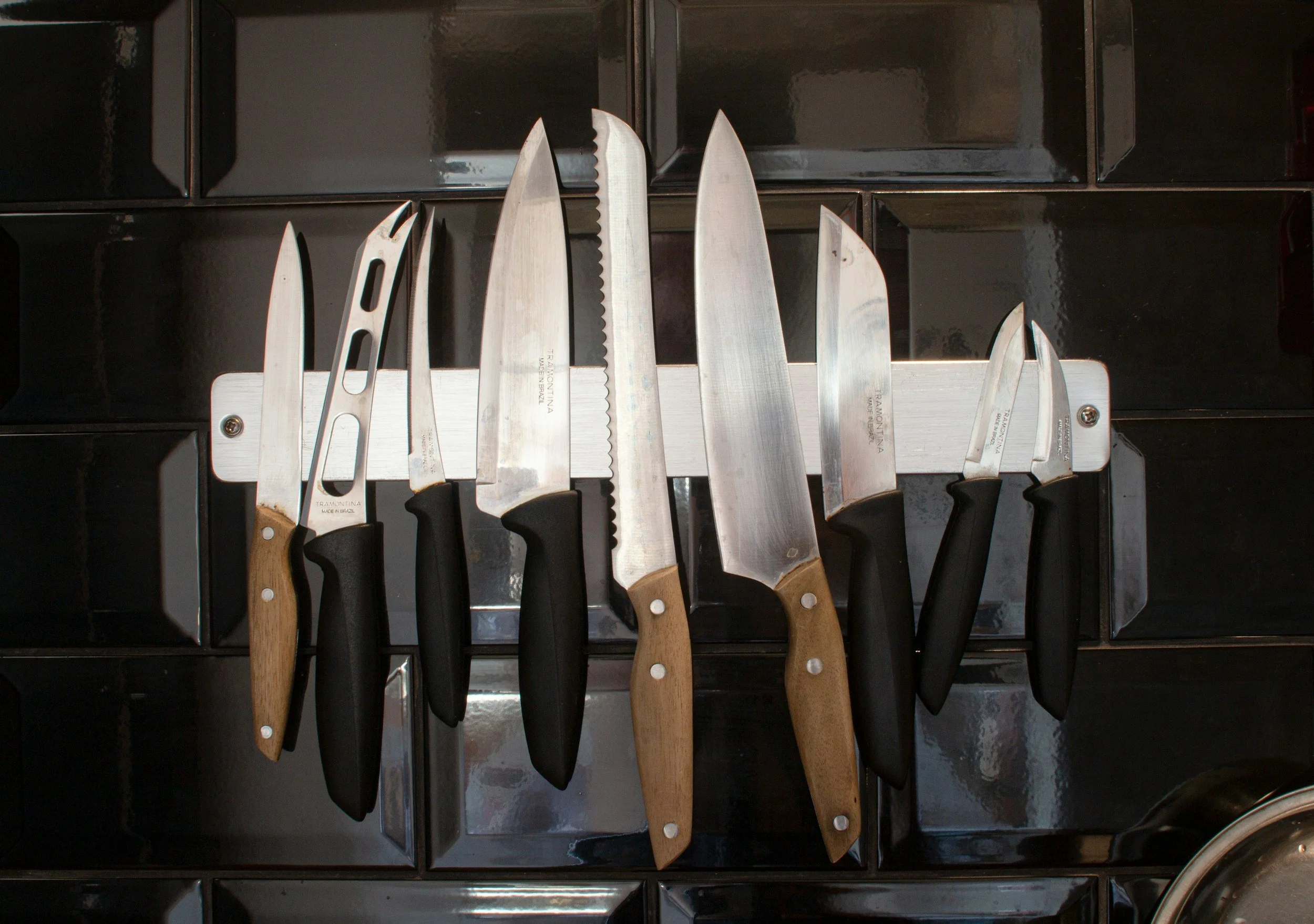The 3 Essentials To Help You Maintain Your Knives
When you live off-grid, one of your most essential tools is a good knife. It’s there for you to do a number of different tasks that allow you to be able to live off the grid. The key is to get a knife that works great and will last a lifetime. You may need to spend a little bit of money, but you’ll save money by not having to replace it often.
Great Deals on Knives
Knowing this, taking care of your knife is very important. When you keep your knife in good shape, it works better, lasts longer, and is safer to use. In this article, we will go over what it takes to keep your knife maintained.
1 - Keep it sharp
A dull knife is not only frustrating to use, it can also be dangerous. A sharp knife needs less force to cut, which means you're less likely to hurt yourself. If it's not cutting as easily as before or if you need to use more force, it's time to sharpen it. Also, if the edge looks dull or has nicks, you should sharpen your knife.
There are several ways for you to keep your knife sharp. You can send it out to be sharpened, but if you want to do it yourself, you’ll need a few tools. Using a sharpening stone is the best way to get a very sharp edge. Honing rods straighten the edge of your knife, keeping it sharp between more thorough sharpenings.
Electric sharpeners are quick and easy to use, making them great for busy people however they aren’t as effective as a sharpening stone. How often you need to sharpen your knife depends on how much you use it. Kitchen knives used daily might need sharpening every month or two.
2 - Take care of wear and tear
Over time, all knives will show signs of wear and tear. Common issues include nicks in the blade, corrosion, and dullness from regular use. It's important to spot these problems early to keep your knife in good shape.
For small nicks and dullness, you can often fix these at home with a sharpening stone or rod. If you're dealing with corrosion, cleaning the blade with a mild detergent and then drying it thoroughly can help. After cleaning, applying a small amount of mineral oil to the blade can protect it from future rust.
You also must understand that quality steel won’t stay sharp without proper care, no matter how well-crafted the blade is. People are often switching to Japanese Kitchen Knives that hold their edge longer and offer more precise cuts with less effort. These knives usually feature harder steel and thinner profiles, making them a favourite among home cooks and professionals alike. With regular maintenance, they can last for years and consistently deliver top performance.
3 - Daily care
After every time you use your knife, you should clean it right away. Use warm water and a mild dish soap to wash the blade. It's best to clean your knife by hand instead of putting it in the dishwasher.
Drying your knife is just as important as cleaning it. Water can make your knife rust, especially if it's made of carbon steel. After washing your knife, dry it immediately with a soft towel.
Storing your knife properly is also key to keeping it safe and in good condition. Don't just throw it in a drawer with other utensils. This can damage the blade and make it dull.







